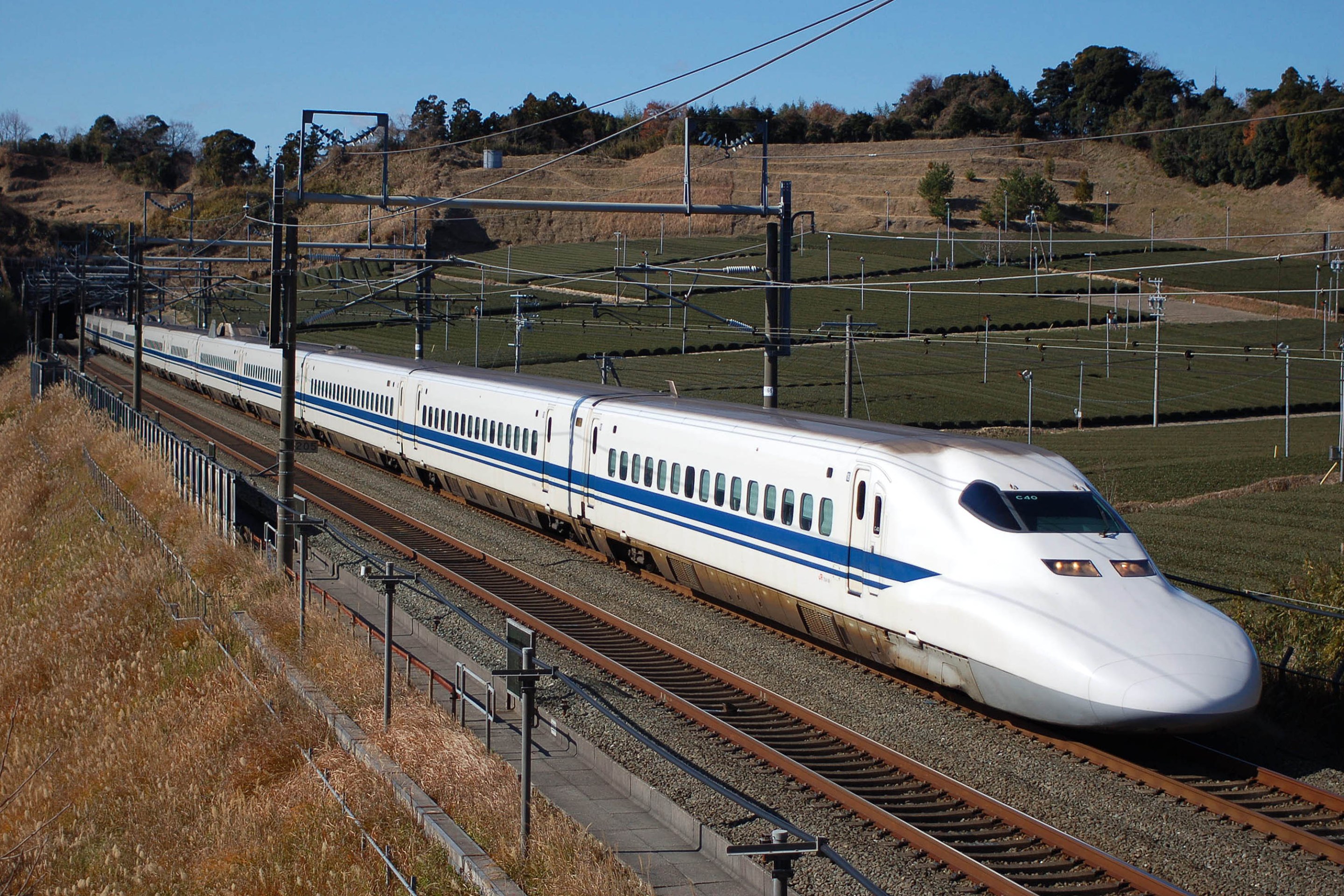 SPUR Executive Director Gabriel Metcalf gathers signatures for Supervisor Sean Elsbernd's ballot measure. Photo: Michael Rhodes
SPUR Executive Director Gabriel Metcalf gathers signatures for Supervisor Sean Elsbernd's ballot measure. Photo: Michael RhodesDepending on how you count it, the sweeping Muni ballot measure that four members of the Board of Supervisors introduced earlier this week has at least six major components, ranging from the governance of the San Francisco Municipal Transportation Agency to how Muni operator wages are set.
That last piece is similar -- not identical -- to a measure that Supervisor Sean Elsbernd and the San Francisco Urban Planning and Research Association (SPUR) already hope to put on the ballot, and those key details are splitting the sponsors of the rival measures.
At the heart of Elsbernd's ballot measure and the corresponding piece of the separate ballot measure introduced this week is a change to the way Muni operator salaries are set. For now, the city charter requires their salaries and benefits to be set through a "salary survey" of the nation's other transit agencies "in comparable jurisdictions," with Muni operators getting paid the average of the "two highest wage schedules for transit operators."
Both Elsbernd's measure and the new measure would do away with that practice, instead setting the salaries through a collective bargaining process -- much the same as nearly any other city employee union.
Board of Supervisors President David Chiu and Supervisors David Campos, Eric Mar and Ross Mirkarimi included that provision in their ballot measure despite initial wariness of Elsbernd's measure, since it would give SFMTA management leverage to renegotiate operator work rules that a recent audit found are costly and create problems for Muni service.
Both measures would also eliminate the transit operator trust fund and any city payments into it, and would make incentive bonuses for the SFMTA Director and "service critical" managers and employees optional instead of required. (Elsbernd and the Muni operators union sparred over the trust fund in February.)
Elsbernd praised the measure for eliminating the salary survey, but said it doesn't do enough to address the current agreements that are in place. "The simple way to say it is that our measure not only eliminates the salary survey but it also presses the reset button on the MOU" -- the memorandum of understanding between the SFMTA and the operators. "They don't come anywhere near that."
"Our measure sunsets and eliminates all previous side letters that have been agreed to," Elsbernd continued. "We have the Harvey Rose audit from a week ago that demonstrates that the side letters have cost us millions of dollars over the years."
Elsbernd's amendment, which he's still gathering signatures for to place on the November ballot, also includes specific terms of binding arbitration, if the operators and management need to enter into it. It would require arbitrators to consider the impact of disputed proposals on Muni fares and services, and on the ability of SFMTA management to schedule operators according to service needs.
More contentiously, it would require the operators union "to justify any proposal that would restrict the MTA's flexibility in deciding schedules, staffing, assignments or the number of part-time personnel," according to the City Attorney's Office's summary of the measure.
Some supporters of the opposing measure have called that requirement an unnecessary and unfair burden on the operators, as well as questioning whether it could be enforced. Elsbernd and SPUR say the measure strives to be a squeaky-clean, airtight good government measure. Either way, that provision is one of the major fault lines.
One other major difference between the measures is that while Esbernd's is finalized, the competing, much broader measure put forward by President Chiu and his colleagues still has over a month of debate and discussion ahead over its final details.
One party that didn't weigh in is the SFMTA itself, which has instructions from the City Attorney's Office not to discuss ballot measures that could affect it. While it's hard to imagine the agency wouldn't welcome the $40 million cash infusion the more sweeping amendment would offer, the agency's opinion on whether one measure or the other better addresses the work rules issue will remain under wraps.





